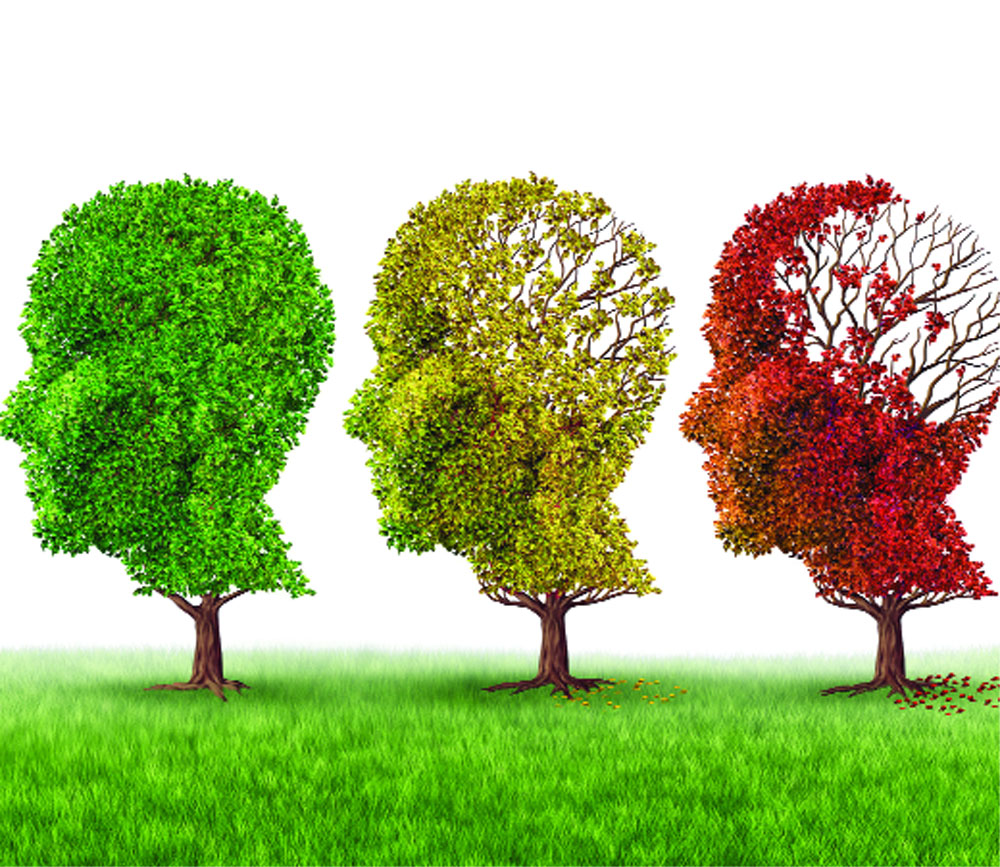It’s World Alzheimer’s Day. Here’s how we understand the disease in our daily lives
What if you wake up one day to find that you have no memory left? All the years you spent growing up, your family, friends, loved ones, the memories everyone grows to cherish, are all lost.
That’s what Alzheimer’s does. It is a thief, that not just steals from you, but steals the very thing you need to remember what’s been stolen.
It is often said that the longer you live, the more likely you are to develop a chronic condition. Your risk of getting arthritis, Parkinson’s, or another non-infectious diseases that diminishes your quality of life increases with each year. But of all the disorders that plague us late in life, the one that stands out as a particularly big threat to society is the Alzheimer’s disease.
It is a progressive, degenerative form of dementia that affects a person’s memory, behaviour and thinking so severely, that the person afflicted may not even be able to recall any events from the past, including something that happened a few moments ago.
India has an increasing geriatric population, with a life expectancy of almost 70 years. Almost four million people in India suffer from some form of dementia, with approximately 1.6 million being affected by Alzheimer’s. This number is set to triple by 2050. What’s even more disheartening, is that there is no definitive treatment or cure to slow its progress, and it cannot be prevented. However, it is crucial to know early symptoms of Alzheimer’s. Firstly, a cognitive and behavioural decline from previous levels of functioning and performing; a gradual onset of cognitive deterioration over months and years; patient may seem fazed, disoriented and confused; memory loss is most prominent, especially in the area of learning and recalling new information; language problems, in which case one struggle’s to find the right words; there is an inability to recognise objects and faces and to comprehend separate parts of a scene at once, a difficulty with reading text (Alexia); a marked decline in the ability to reason, judge and solve problems. It also includes occasional memory lapses, repeating sentences, losing the ability to speak, read or write, misplacing personal belongings, forgetting names of family members and eventually losing the ability to perform basic tasks and the ability to think and reason.
So how does Alzheimer’s progress?
It typically progresses slowly in three general stages — mild (early stage), moderate (middle stage), and severe (late stage). Since it affects people in different ways, every person experiences symptoms differently. On an average, a person with Alzheimer’s lives four to eight years after diagnosis, but can live as long as 20 years depending on other factors as well.
With Alzheimer’s patients become restless, agitated or depressed, leading to complications such as falls, malnourishment or even certain infections which are not curable. But every cloud has a silver lining and the good news is that no matter how isolating Alzheimer’s can be, growing awareness about the condition has ensured that no one has to go through it alone.
While, currently a treatment to stop Alzheimer’s from progressing hasn’t been discovered, there are medications to treat the symptoms of dementia. In the past three decades, research on dementia has provided a much deeper understanding of how Alzheimer’s can affect the brain.
Dr Praveen Gupta, director and head of department, Neurology, Fortis Memorial Research Institute, Gurugram, lists some diagnosis methods for the disease: While there is no specific test through which Alzheimer’s can be ascertained and diagnosed, doctors rule out all other possibilities by testing the blood and urine. Multiple brain scans (CT, MRI, EEG, and PET) are conducted to get a clearer image of the functioning neural pathways. It could be severe enough to affect daily activities. The mini mental state examination (MMSE) is a common cognitive test. It is sensitive to the severity of the disorder (a score under 10 is said to be severe). Biomarker tests are carried out to check whether someone is at higher risk or not. Loss of Odour Identification Test can be administered as degeneration of the olfactory senses is indicative of the severity.
Looking at it from a human perspective, patients with dementia are often unable to assert their basic rights and freedoms.
Home care plays a critical role in dealing with Alzheimer’s, which includes providing companionship, personal care like bathing, using the toilet, eating or exercising; care for wounds, injections and therapy.
With new development, we are at a turning point. However, until the next breakthrough, we need to provide love and care for the ones who raised us.


























